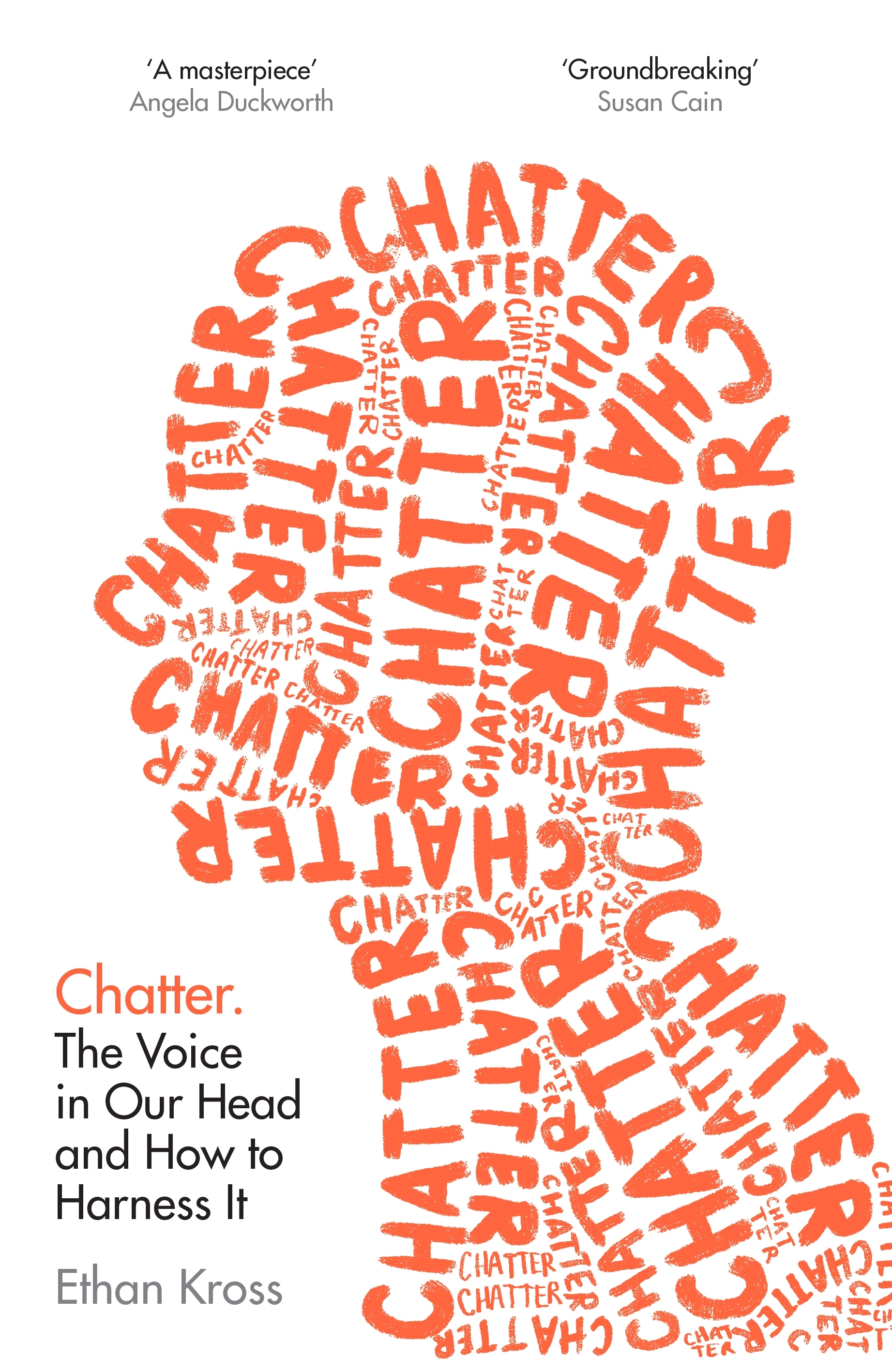Talking to others and sharing events can be helpful. It can ‘normalise’ an experience and help a person appreciate that they are not alone. But Kross cautions that we use this sharing function with care and choose the people to whom we discuss issues on a strategic basis. If we rant at our friends about ourselves all the time, they will become disillusioned and uninterested, and feel they have not been heard or supported.
It is important to be able to share, and our support networks are crucial, but if we overshare, not only are we likely to annoy others, we can get caught in a self-destructive feedback loop, especially if we choose the ‘wrong’ people. “Other people can be a tremendous asset, but more often than we realise, they can be a liability too.” While talking about adverse events, we can focus more on the need to repeat and be heard than the need to address the issue and move on.
This process is called co-rumination in which we seek validation from others and it is harmful because, “when we’re upset, we tend to overfocus on receiving empathy rather than finding practical solutions.” While this may briefly feel good, it isn’t useful in the long-term. Naturally, this creates a vicious cycle and one in which it is easy to get stuck. And nowhere does this have greater effect than on social media, which has given us a much wider audience.
One of the ways we can manage these emotions and internal voices is to
distance ourselves from them through mental time travel or the simple technique
of journaling. Asking people to write about their most upsetting negative
experiences for fifteen to twenty minutes leads them to feel better, visit the
doctor less, and have healthier immune function. “By focusing on experiences
from the perspective of a narrator who has to create a story, journaling
creates distance from our experience. We feel less tied to it.”
Mental, physical and emotional welfare can be improved by simply getting
out into nature. As well as the health benefits of fresh air and exercise, this
is also due to experiencing the phenomenon of awe: “the wonder we feel when we
encounter something powerful that we can’t easily explain.” It can be
instigated by viewing a sunset or a mountain range and it is considered a
self-transcendent emotion in that it allows people to think and feel beyond
their own needs and wants.
Marie Kondo fans would be pleased to hear Kross state that imposing
order on our environment can help reduce anxiety by getting rid of clutter. “The
fascinating thing about seeking compensation for chaos in one area (that is,
our minds) by creating order in another (that is, the physical environment) is
that it doesn’t even have to have anything to do with the specific issue that
is throwing off our inner voice.” It’s a relatively easy thing to tidy a desk,
and it can have a highly positive result. Imposing order on situations is the
function of rituals, which have a crucial underlying purpose. They reiterate
the values of our community and help us to transcend our own concerns,
connecting us with forces larger than ourselves.




No comments:
Post a Comment